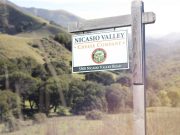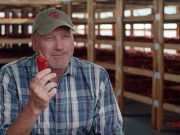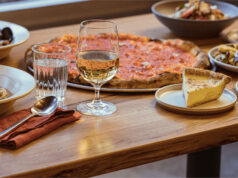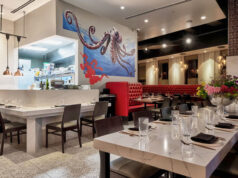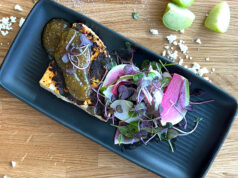Bee Local Honey is a unique micro-batch artisan honey producer known for terroir-based honey varieties that reflect the complex profiles of neighborhoods throughout Oregon, a footprint that continues to expand across the Pacific Northwest and the United States.
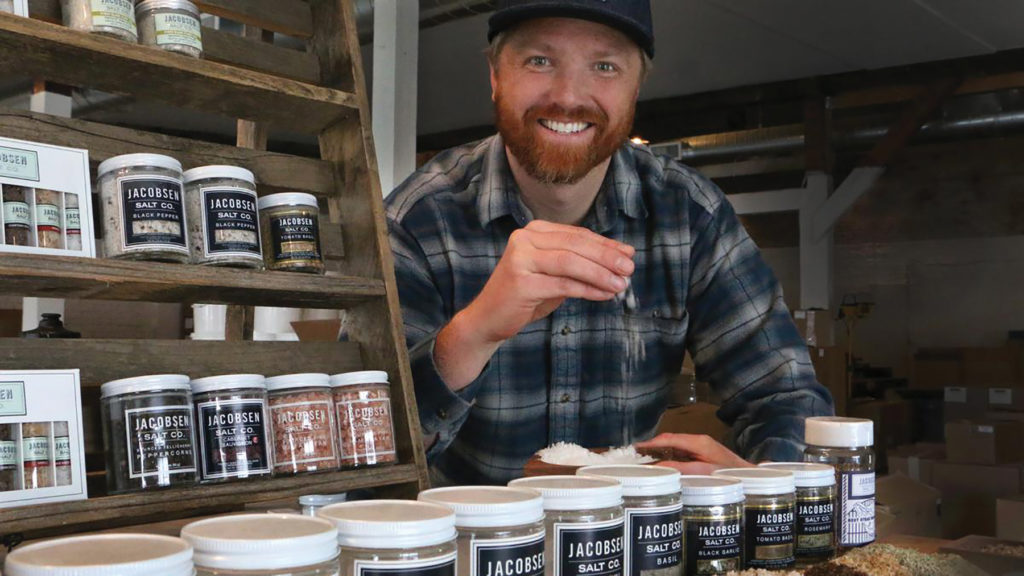
Bee Local joined the Jacobsen Salt Co. family in 2015. Ben Jacobsen, owner
terroirs throughout the Pacific Northwest, and are determined to keep that spirit alive. Bee Local is committed to producing exceptional honey that is sustainably harvested, never heated, treated, blended, or ultra-filtered. Each honey variety offers a distinct and complex flavor profile that reflects the flora, fauna, and forage of its region and is traceable from hive to jar,” he states.
Ben’s impetus is realizing the regional, neighborhood differences in different types of honey. Originally, Bee Local was started by Damian Magista who started bee keeping in
Ben’s relationship with Bee Local started as a delivery partner. “We had a couple friends who started Bee Local, which was growing quickly as well and having a few growing pains. We put our heads together: We’re delivering to the same stores, same accounts, and asked, ‘Do you want us to deliver your product for you? Do you want us to sell your products for you?’”
Jacobsen Salt and Bee Local fully joined forces 4 years ago. They’ve grown 1000% in 12 months and continue to grow strongly along with Jacobsen Salt Company today. “Honey has become a real part of what we do here every day,” Jacobsen says.
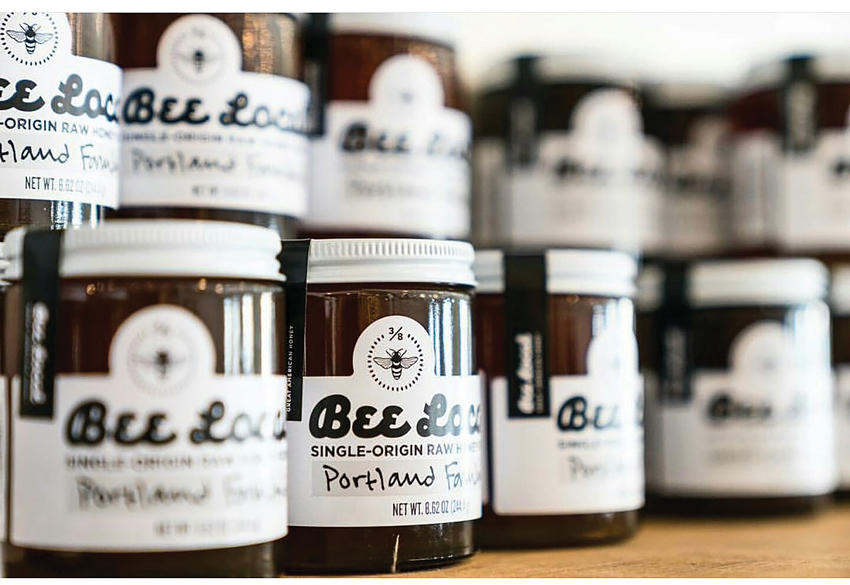
Asked whether there are applied lessons from producing America’s leading
heritage salt that can be applied to producing artisan honey, Jacobsen states
When asked what it really means to have a sustainable product, Ben replies, “Sustainable has unfortunately become a buzzword – ultimately it’s the antithesis of a buzzword; its meant to be something that’s repeatable and duplicable and can happen for generations to come.” He continues, “One should never take solace in the busy-ness of the food business. Food is really a focal point of not only sustainability but also nourishment for oneself. Yes, sustainability is a thing now, but sustainability is, in my mind, what we should all be doing. Sustainability is not just a thing to slap on a package to sell more product.”
To Ben, it’s imperative that we have follow our principles. This is
evident in Bee Local’s minimal use of pesticides – he says that some are
required for mite control, however insecticides are not something they use or promote. And when it comes to sourcing their honey, Bee
Local works exclusively with bee keepers who guarantee a certificate of
authenticity that guarantee no inorganic compounds are used, which
includes GMOs.
I mention to Ben that his Jacobsen Salt is on my dining table and that I save for special occasions. He’s heard this argument before and argues against it, emphatically urging me, “Don’t. Use it. Use all the time.” And since, I use it on everything. Finishing up our interview I ask Ben what he most wants CW customers to know about the Bee Local Brand. He answers, “It’s a brand that you can trust with authenticity and transparency and reflects the highest quality pantry ingredients possible.” He then adds, “Great food is the summation and formulation of great ingredients.”
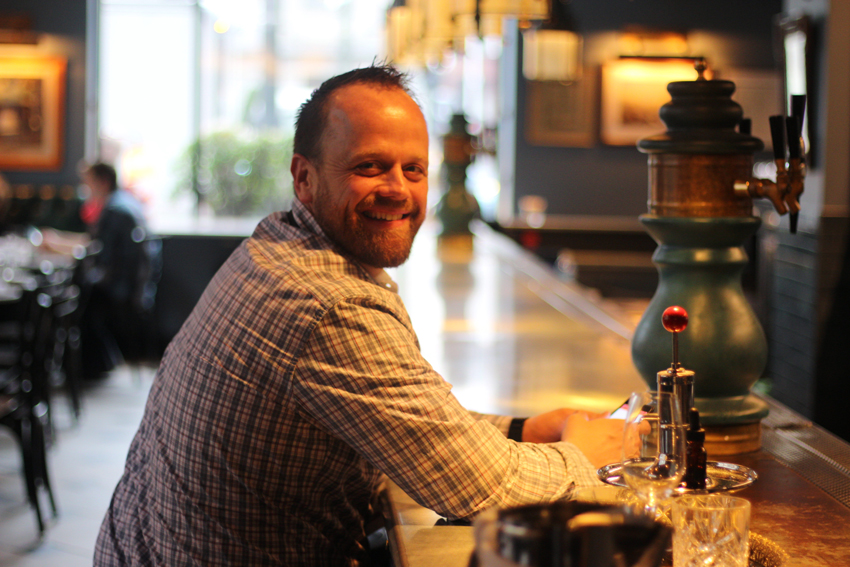
Regional Vice President Pacific Northwest
The Chefs’ Warehouse
The PNW has our nation’s best food cities. Why? Our region has high standards; a culture that promotes sustainability, local sourcing, and farm-to-table.
While it may not seem easy to bridge the sourcing divide from product to the brightest culinary minds, it’s local companies like Jacobsen Salts,
Twin Sisters Creamery, and products like Bee Local, that make that job
so much easier.





